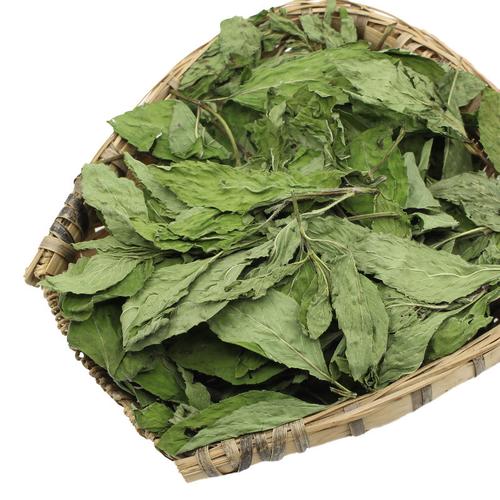Understanding Om Herb: A Comprehensive Guide
Om herb, a term that has gained popularity in recent years, refers to a variety of plants that are used for their medicinal properties, culinary uses, and aromatic qualities. In this article, we will delve into the world of om herbs, exploring their origins, uses, and benefits.
Origins of Om Herbs
Om herbs have been used for centuries in various cultures around the world. They originated in ancient civilizations such as Egypt, Greece, and India, where they were revered for their healing properties. Today, om herbs are still widely used in traditional medicine and in modern culinary practices.

Types of Om Herbs
There are numerous types of om herbs, each with its unique properties and uses. Some of the most popular om herbs include:
| Herb | Origin | Properties |
|---|---|---|
| Basil | India | Anti-inflammatory, antioxidant |
| Cinnamon | Indonesia | Antibacterial, antiviral |
| Chamomile | Europe | Anti-inflammatory, calming |
| Eucalyptus | Australia | Antiseptic, expectorant |
| Mint | Asia | Antioxidant, digestive aid |
Medicinal Uses of Om Herbs
Om herbs have been used for their medicinal properties for thousands of years. Many of these herbs have been shown to have anti-inflammatory, antioxidant, and antibacterial properties, making them effective in treating various ailments. Here are some common medicinal uses of om herbs:
-
Basil: Used to treat respiratory infections, stomachaches, and skin irritations.
-
Cinnamon: Effective in lowering blood sugar levels and improving insulin sensitivity.

-
Chamomile: Known for its calming effects, used to treat anxiety, insomnia, and digestive issues.
-
Eucalyptus: Used to treat respiratory conditions, such as colds and flu, and to relieve sore throats.
-
Mint: Helps with digestion, reduces bloating, and can be used to treat headaches and sinus congestion.
Culinary Uses of Om Herbs
Om herbs are not only beneficial for health but also add flavor and aroma to dishes. Here are some popular culinary uses of om herbs:
-
Basil: Commonly used in Italian and Thai cuisine, basil adds a sweet and peppery flavor to dishes.
-
Cinnamon: Adds a warm, sweet flavor to desserts, baked goods, and savory dishes.
-
Chamomile: Used to make herbal teas, which are known for their calming effects.
-
Eucalyptus: Can be used to flavor syrups, cough drops, and toothpaste.
-
Mint: Adds a refreshing flavor to salads, desserts, and drinks.
Benefits of Using Om Herbs
Using om herbs in your daily life can offer numerous benefits, including:
-
Improved health: Om herbs have been shown to have various health benefits, such as reducing inflammation, boosting the immune system, and improving digestion.
-
Enhanced flavor: Om herbs can add a unique and delicious flavor to your meals.
-
Increased variety: Incorporating om herbs into your diet can help you explore new flavors and ingredients.
Conclusion
Om herbs are a diverse group of plants that offer numerous benefits for both health and culinary purposes. By incorporating om herbs into your daily life, you can enjoy their medicinal properties,




